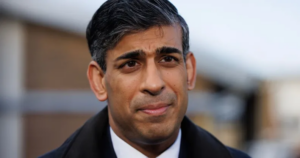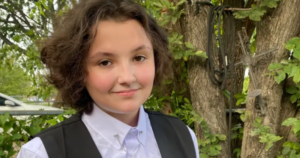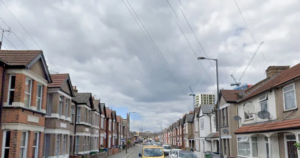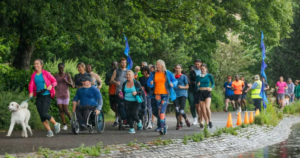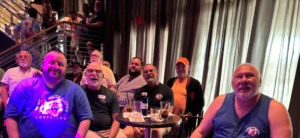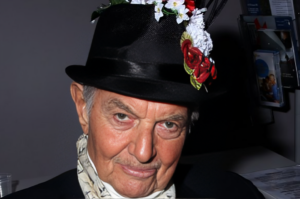Although LGBTQ+ pride and its annual June celebration have become more visible in mainstream culture over the past ten years or so, discrimination against LGBTQ+ people in the immigration context still exists.
Last year, Human Rights Watch said that Lesbian, gay, bisexual, and transgender (LGBT) people and other asylum seekers fleeing persecution in their home countries experience abusive and dangerous conditions in Mexico when not allowed to cross the border to seek asylum.
Two policies implemented by the administration of former President Donald J. Trump – the Migrant Protection Protocols, commonly known as “Remain in Mexico,” and the Title 42 summary expulsion policy – continue to be used under the Biden administration to block access to the asylum system for most people who try to cross into the US to seek safety.
Human rights activists say, the US authorities should stop sending asylum seekers to Mexico or expelling them to their countries of origin. They should quickly process people waiting at the border to seek asylum who are at particular risk of abuse.
What is the case of Rebeca Cristobal Antonio?
In a recent case of Antonio v. Garland, 9th U.S. Circuit Court of Appeals, No. 21-70624, a federal appeals court has ruled that a U.S. immigration board must decide whether non-U.S. citizens who are perceived to be gay or lesbian in their home countries can qualify for asylum in the United States, regardless of their actual sexual orientation.
A three-judge panel of the 9th U.S. Circuit Court of Appeals has ruled that the U.S. Board of Immigration Appeals erred when it rejected the asylum bid of Rebeca Cristobal Antonio, a Guatemalan national, who fled her home country due to threats of violence and persecution stemming from possible anti-gay animus.
Antonio applied for asylum in 2014, claiming she feared she would be killed in Guatemala because of her perceived sexual orientation. Antonio says she wore men’s clothing to work, which led people to conclude she was gay.
She subsequently received death threats, was confronted by an angry mob and was beaten by members of her own family due to their belief that she was a lesbian.
To qualify for asylum under U.S. immigration law, an applicant must show a credible fear of persecution in their home country by proving they belong to a “cognizable social group.”
The Board of Immigration Appeals has held for decades that LGBTQ+ people from certain countries qualify as such a social group, and be entitled to an asylum due to the threats they face if deported back to their home countries, reports Reuters.
But in Antonio’s case, an immigration judge ruled that Antonio’s proposed social group of “women in Guatemala who are perceived to have male tendencies and are seen as dangerous to the community” was too vague and dismissed her application for asylum.
The judge also claimed that Antonio’s asylum application had more to do with how she dressed than her sexual orientation. The BIA upheld that decision in 2021, prompting Antonio to appeal that decision to the 9th Circuit.
Writing for the appeals court, Circuit Judge Mark Bennett ruled that the BIA erred in upholding the immigration judge’s finding that Antonio did not qualify for asylum. Bennett said both the judge, and the BIA, should have given more weight to Antonio’s claims of persecution, and that the BIA failed to correctly identify the social group to which Antonio belonged — women perceived as lesbians.
In his opinion, Bennet wrote, “Antonio’s manner of dress was one reason her community associated her with the relevant proposed social group, not the basis of the group itself. Thus, the agency failed to conduct its particular social group analysis with respect to the correct group — women perceived to be lesbians.”
He says, “We grant Antonio’s petition for review and remand for the agency to determine: (1) whether women in Guatemala perceived to be lesbian constitute a particular social group; and (2) if so, whether Antonio’s persecution was ‘on account of’ her membership in that group.”
In a concurring opinion, Circuit Judge Gabriel Sanchez said that people perceived as gay would qualify as a social group, based on other court cases involving perceived characteristics, such as those where individuals seeking asylum were perceived to have certain religious or political beliefs.
And while the immigration judge found that Antonio was not a member of a legally protected social group because she denied being a lesbian, Bennett says, “it’s enough that she was perceived as lesbian.” He also said Guatemala’s anti-discrimination laws do not apply to members of the LGBTQ+ community, who often face police abuse.
What is next?
The court returned the case to the immigration courts to decide whether Antonio was likely to face persecution in Guatemala because of her perceived sexual orientation.
Author












